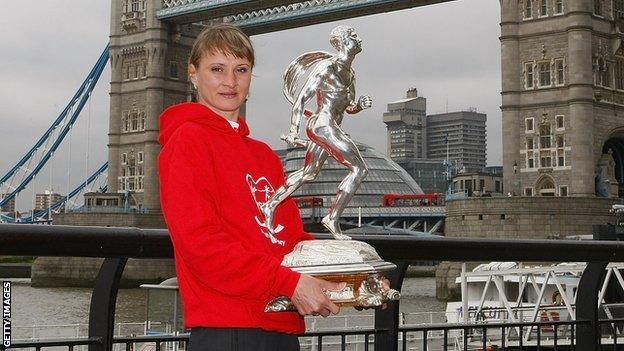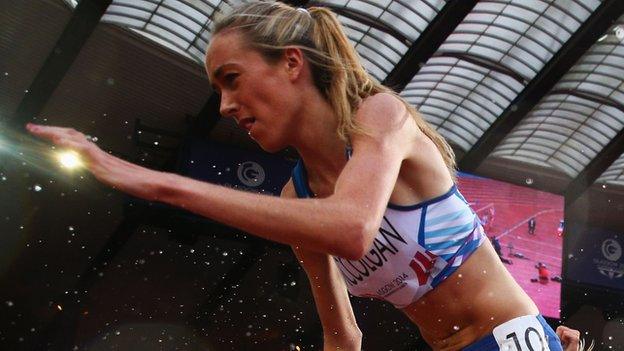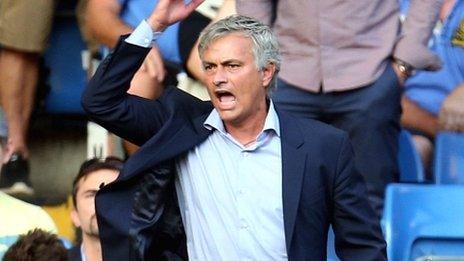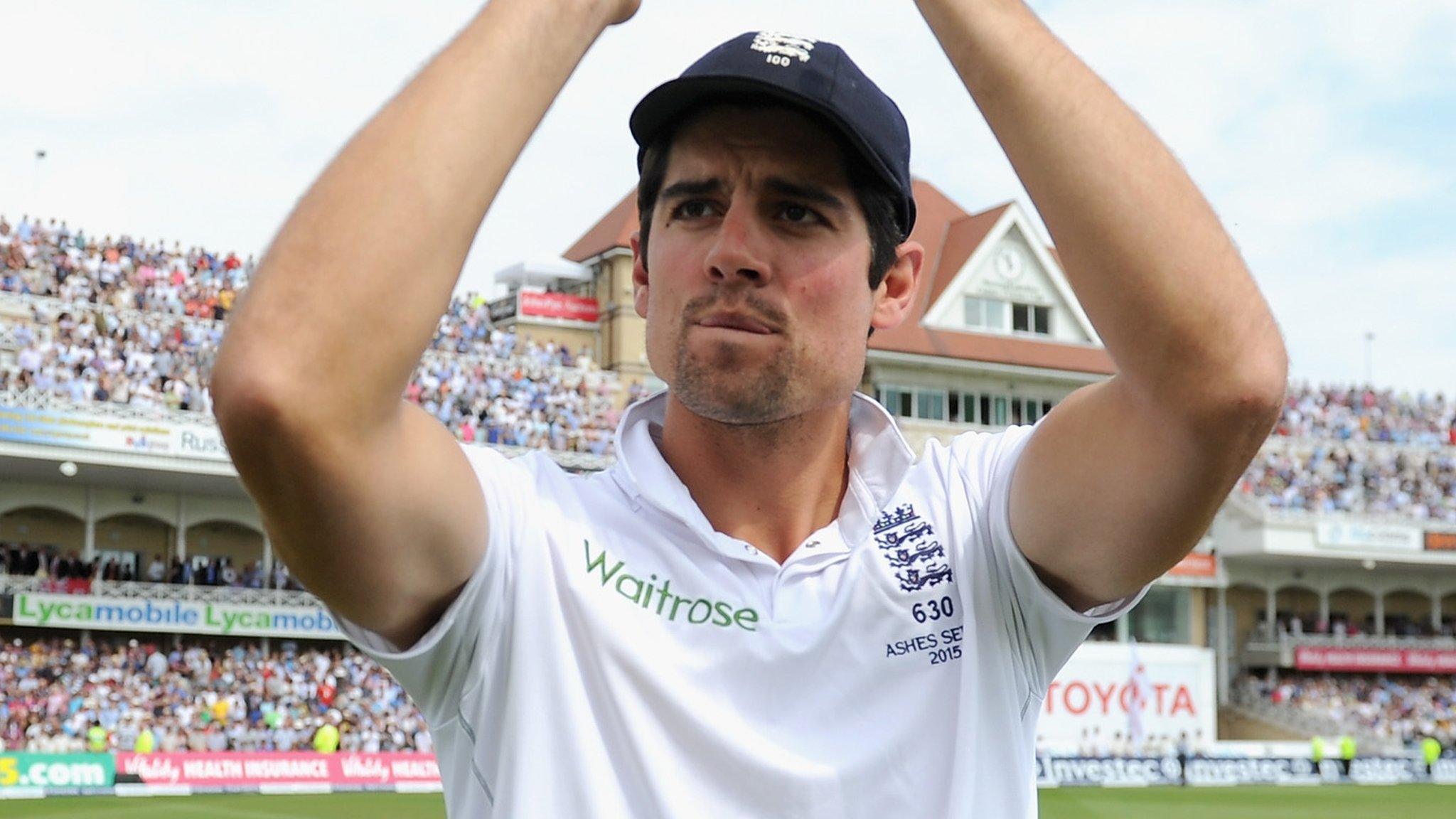London Marathon: Race chief Nick Bitel criticises IAAF
- Published

Shobukhova triumphed in the 2010 race
London Marathon chief executive Nick Bitel has criticised athletics' governing body, the IAAF, over allegations of doping in the sport.
The Sunday Times has reported the London Marathon was won seven times in 12 years by athletes who have recorded suspicious blood scores.
"We are disappointed when we have been doing more than anyone to fight doping in our sport," Bitel told BBC Sport.
"This is about the IAAF's failure to take effective action."
Bitel added that London Marathon organisers would be discussing the Sunday Times allegations with the IAAF.
The claims of widespread doping were made last week by scientists Robin Parisotto and Michael Ashenden, who analysed blood tests from athletes which were accessed by the Sunday Times and German broadcaster ARD/WDR.
"The evidence is not proof of doping, but the revelations will raise more serious questions over whether the sport is doing enough to combat cheating ahead of the World Athletics Championships in Beijing later this month." |
But the IAAF has criticised the pair over the allegations and in a statement said the report "contains a number of seriously incorrect assertions".
On Friday, Russian Liliya Shobukhova, who won the London Marathon in 2010 and was runner-up in 2011, had her results since 2009 annulled for doping.
Bitel says race organisers will now be taking court action to recover £500,000 prize and appearance money paid to the Russian in 2010 and 2011.
"Those athletes that have been caught have only been caught because of tests at the London Marathon," he added.
"The IAAF needs to do more to stop people from starting who have blood values which are out of the normal range.
"But we never get these results even though we are paying tens of thousands to get athletes tested - only after the IAAF finally take action are we made aware, but by then it is too late."
In a statement, Bitel said that:
The London Marathon pays for testing to take place at the event every year. However, it is not responsible for administering the tests - that is done by UK Anti-Doping.
The London Marathon has spent tens of thousands of pounds on testing athletes and supporting the development of anti-doping measures over the years.
In 1999 the London Marathon was the first organisation to call for blood testing but it took until 2002 for the IAAF and other authorities to get the testing in place and it was immediately introduced in London.
The race has a zero tolerance policy towards doping and athletes who record a positive test with a penalty of more than three months are banned for life from the event.
In response, an IAAF spokesman said, "All the marathon organisers had a thorough explanation of what the ABP (Athlete Biological Passport) was when the IAAF engaged in joint blood testing with them.
"They accepted from day one not to receive the results as they are not competent to act upon the values and the concept of the ABP is based on a series of values, not just a single value.
"In four years of co-operation they have never asked to see any results and they do not pay for all the testing."
- Published9 August 2015
- Published9 August 2015

- Published4 August 2015

- Published9 August 2015

- Published8 August 2015

- Published8 August 2015

- Published10 September 2015

- Published8 February 2019
